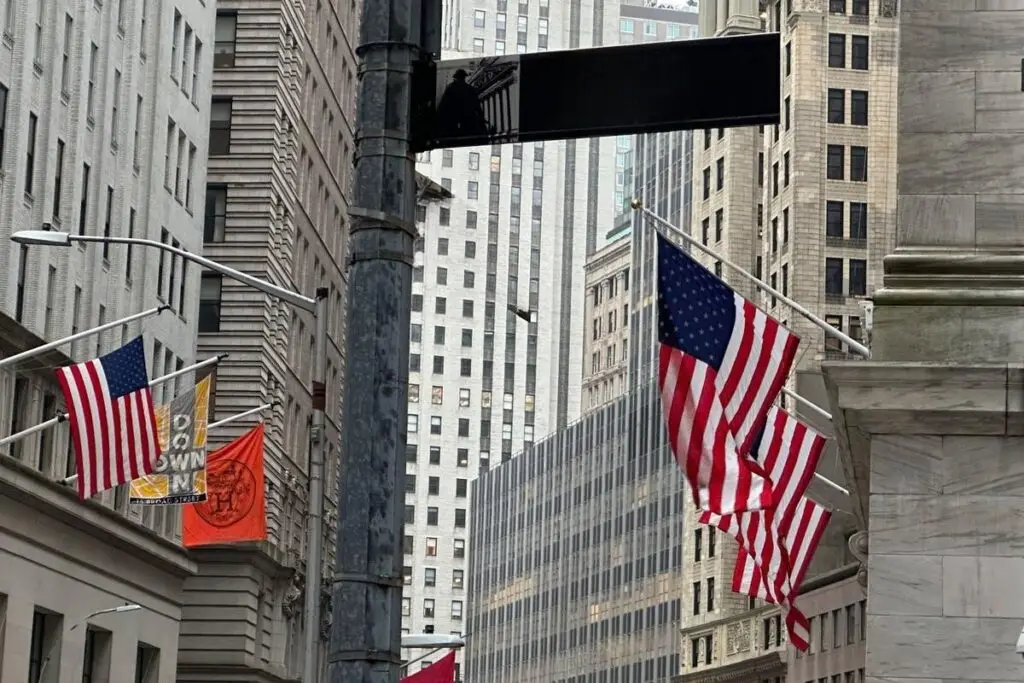Stock markets worldwide are facing a severe downturn, fuelled by apprehensions regarding the US economy. Such volatility raises significant concerns beyond the halls of Wall Street.
With the UK in need of private sector investment to revitalise its economy, this financial turbulence presents a particularly unwelcome challenge for policymakers.
The Root Causes of Market Volatility
A disappointing earnings season and extravagant spending in the AI sector initially triggered a correction in the tech market. However, the growing fears about the broader US economy have intensified the downturn.
Last week, the US Bureau of Labor Statistics reported the addition of just 114,000 jobs in July, significantly below the forecast of 175,000 and a sharp decrease from the previous month. This data represents a stark contrast to the average of 215,000 new jobs created monthly over the previous year.
The Role of the Federal Reserve
The US Federal Reserve’s hesitancy to lower interest rates has exacerbated the economic strain. Anticipated multiple rate cuts to invigorate the economy have not materialised due to persistent inflation, with only one or two cuts expected by year-end at best.
High interest rates serve as a brake on economic activity, affecting consumer spending and business growth. This creates a challenging environment for small businesses, which are crucial for economic expansion.
Global Market Reactions
Stock market declines are not confined to the US. Japan’s Nikkei index experienced its most significant single-day drop since 1987, while markets in Hong Kong, India, Australia, and Shanghai also suffered.
The tech-heavy Nasdaq opened 6.3 per cent down, underlining the widespread impact of this financial turmoil. European markets also mirrored these declines, showcasing the global ripple effect of America’s economic woes.
Implications for Businesses and Investors
Falling share prices engender investor dissatisfaction, leading to reduced confidence in corporate leadership and prioritisation of short-term gains over long-term investments. This often results in cost-cutting measures, including layoffs.
An instance of this is the abandoned takeover of Wood Group by Sidara, which collapsed due to geopolitical uncertainties. Consequently, Wood Group’s shares plummeted, losing over a third of their value.
Challenges for UK Policymakers
The current market turbulence is problematic for the UK’s economic strategy, which relies heavily on private sector investment to stimulate growth. Chancellor Rachel Reeves faces an uphill task in maintaining stability and attracting investors amidst such uncertainty.
Investment reluctance is understandable given the market conditions, yet it complicates the chancellor’s plans to revitalise the UK’s economic prospects.
Political Ramifications
Economic downturns often spell trouble for incumbent politicians. Donald Trump has capitalised on the situation, presenting himself as the better option for economic stability and growth.
His social media strategy underscores the importance voters place on economic performance, predicting that current economic policies could lead to a recession.
The Uncertain Path Ahead
There is always the possibility of a rapid economic turnaround. Should inflation rates improve, the Federal Reserve might be compelled to reduce interest rates, potentially stabilising the economy.
A rate cut could significantly alter the economic narrative, perhaps transforming a period of instability into one of recovery. Nevertheless, the timing of such changes remains uncertain.
The ongoing stock market declines serve as a stark reminder of the interconnectedness of global economies and the far-reaching implications of economic policies.
For individuals and policymakers alike, navigating these turbulent financial waters requires vigilance and a keen understanding of the underlying economic forces at play.

